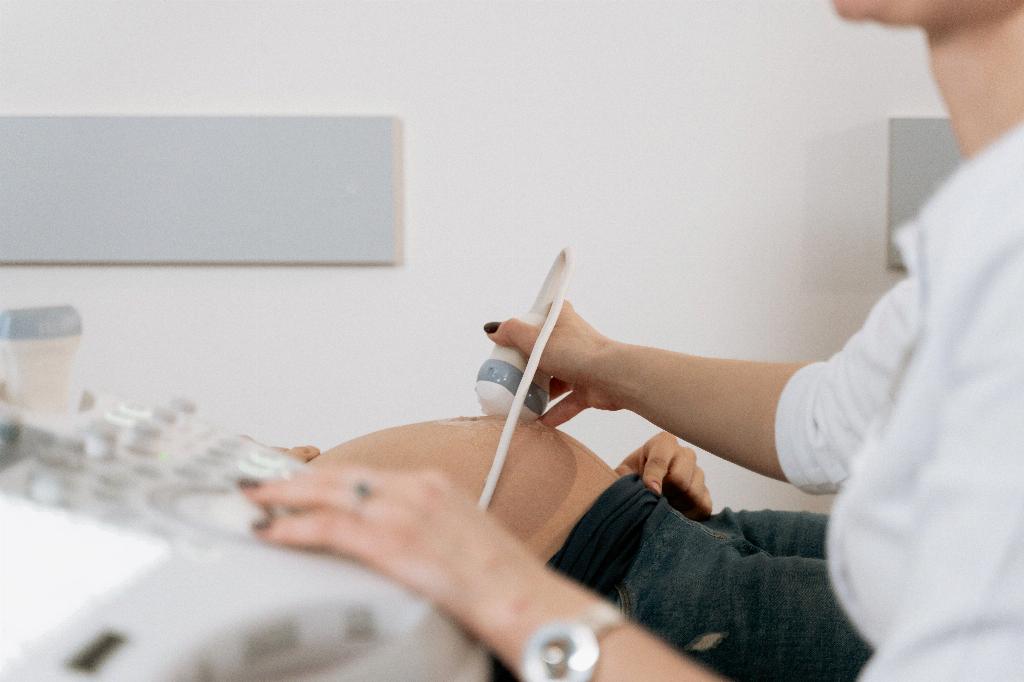When it comes to recognizing the symptoms of intrauterine pregnancy, it’s essential to understand that every individual may experience pregnancy differently. However, there are some common signs that may indicate the presence of an intrauterine pregnancy.
Early Signs of Pregnancy
One of the primary indicators of intrauterine pregnancy is the absence of menstruation, known as amenorrhea. Alongside this, many individuals may experience nausea, with or without vomiting, as well as breast enlargement and increased urinary frequency. Fatigue is also a commonly reported symptom in the early stages [1].
Less Common Symptoms
While the aforementioned signs are prevalent, some individuals may also experience less common early symptoms of intrauterine pregnancy. These may include uterine cramping, abdominal bloating, constipation, and episodes of lightheadedness [1]. It’s important to note that these symptoms can vary in intensity and duration.
Changes in Appetite
During the course of intrauterine pregnancy, it’s not uncommon for individuals to experience fluctuations in their appetite. Some may notice an increase in hunger and cravings, while others might experience aversions to certain foods. These changes are often attributed to hormonal shifts within the body.
Mood Swings
Hormonal changes associated with pregnancy can significantly impact an individual’s mood. It’s not unusual to experience mood swings, ranging from elation to tearfulness, as the body adapts to the physiological demands of pregnancy. Establishing a support system during this time can be beneficial.
Breast Changes
Another telltale sign of intrauterine pregnancy is the alteration in breast size and sensitivity. Many pregnant individuals report tenderness or fullness in their breasts, with some noticing visible changes such as darkening of the areolas. These changes are attributed to hormonal fluctuations.
Urinary Frequency
Increased urinary frequency is a common symptom experienced by individuals in early pregnancy. The growing uterus exerts pressure on the bladder, leading to a heightened need to urinate. This symptom may be particularly noticeable during the night, disrupting sleep patterns.
Cravings and Aversions
Cravings for specific foods or aversions to others are common occurrences during intrauterine pregnancy. These changes in taste preferences are often linked to hormonal fluctuations and can vary in intensity. It’s important to maintain a balanced diet despite these fluctuations.
Constipation and Indigestion
Some pregnant individuals may face challenges such as constipation and indigestion during the course of intrauterine pregnancy. Hormonal changes can slow down digestion, leading to difficulties in bowel movements. Dietary modifications and adequate hydration can help alleviate these symptoms.
Skin Changes
As pregnancy progresses, some individuals may notice changes in their skin, such as pigmentation alterations, known as the “mask of pregnancy” or melasma. Stretch marks may also develop as the abdomen expands. These changes are part of the body’s adaptation to accommodate fetal growth.
Shortness of Breath
Shortness of breath or difficulty breathing can be a symptom experienced by pregnant individuals, especially in later stages of intrauterine pregnancy. The growing uterus puts pressure on the diaphragm, limiting lung expansion. Practicing breathing exercises can help alleviate this discomfort.
Back Pain
Back pain is a prevalent symptom among pregnant individuals, attributed to the increasing weight of the uterus and hormonal changes that can affect the ligaments and muscles. Maintaining good posture, gentle stretching, and prenatal exercises can help manage and prevent back discomfort.
Conclusion
In conclusion, recognizing the symptoms of intrauterine pregnancy involves being attuned to the subtle changes occurring within the body. While common signs such as amenorrhea, nausea, and breast tenderness are typical, it’s essential to acknowledge that each pregnancy journey is unique. Consulting with healthcare providers and seeking prenatal care is crucial in monitoring the progression of pregnancy and ensuring the well-being of both the expectant individual and the developing fetus.

